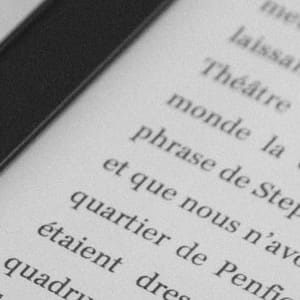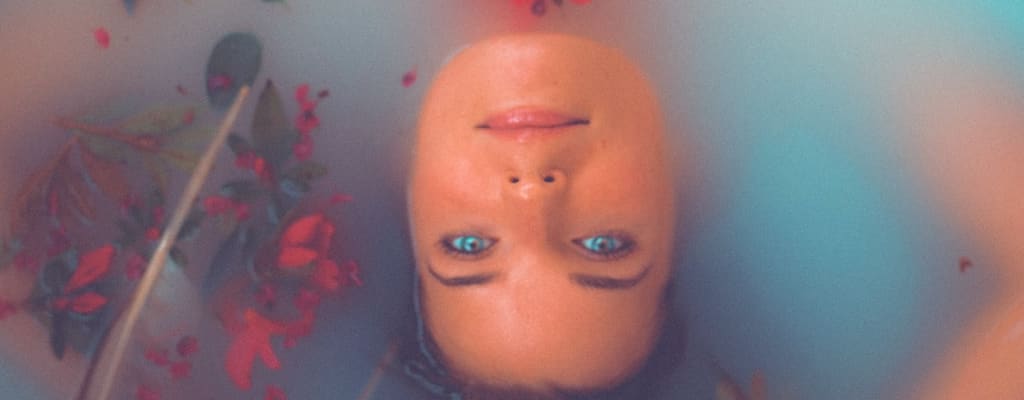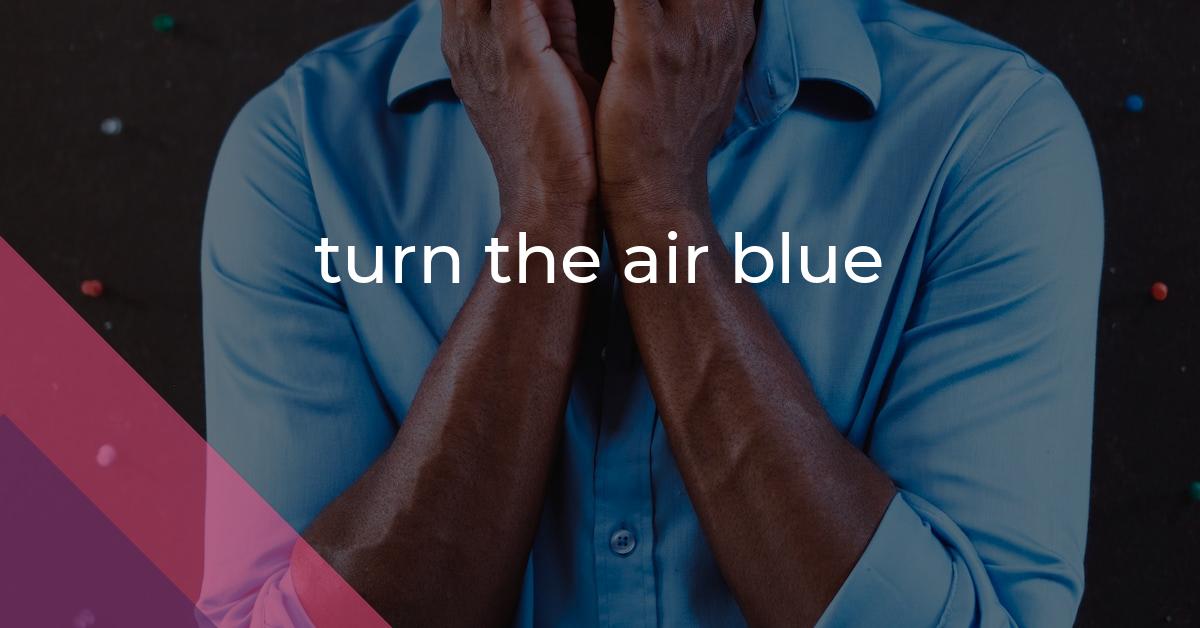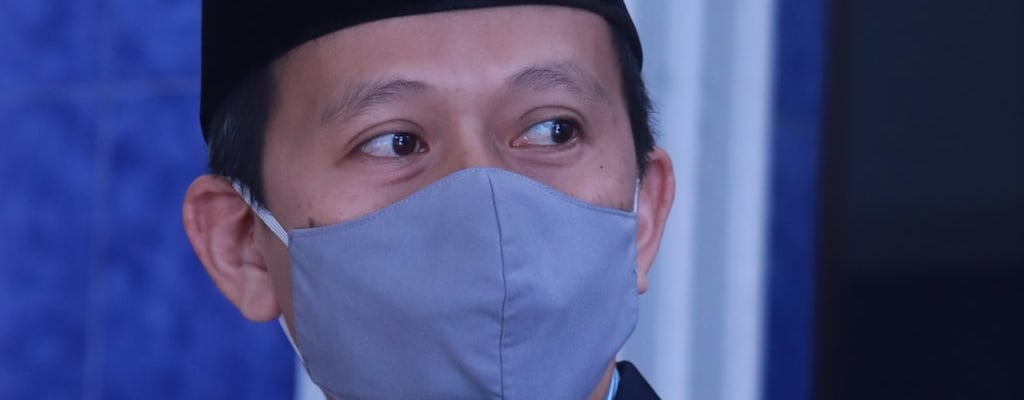turn the air blue: Idiom Meaning and Origin
What does ‘turn the air blue’ mean?
The phrase "turn the air blue" means to use extremely offensive or profane language.

Idiom Explorer
When someone "turns up their nose," they express extreme disapproval or contempt for something or someone, typically due to a sense of superiority or snobbery.
The idiom "turn of phrase" refers to a unique or clever way of expressing something through words or language.
The idiom "turn-off" refers to something that causes a loss of interest or enthusiasm in a person or makes them feel repulsed or disgusted.
The idiom "turn a phrase" means to skillfully express or articulate something in a clever or interesting way, often using words and language creatively. It refers to the ability to produce witty, memorable, or powerful sentences or phrases.
The idiom "turn a number of shades of red" means to become extremely embarrassed or ashamed, causing one's face to flush with redness.
The idiom "turn on" means to switch on or activate something, or to suddenly become angry or hostile towards someone.
The idiom "turn off" means to cause someone to feel disinterested or unattracted to something or someone.
The idiom *talk dirty* means to use explicit or vulgar language, often with sexual connotations, in conversation. It implies a form of communication that is inappropriate or offensive, particularly in formal or polite settings.
"Potty mouth" refers to someone who frequently uses vulgar or obscene language. It is typically used to describe a person's speech that is considered crude and inappropriate. This idiom emphasizes the speaker's lack of decorum or proper manners when it comes to their choice of words.
Unveiling Linguistic Profanity
The idiom "turn the air blue" is a common expression in the English language. It is used to describe the act of using profanity or swearing excessively. This idiom captures the intense impact of strong language, making it a popular choice for writers and speakers who want to emphasize a character's anger, frustration, or other heightened emotions.
The exact origin of this idiom remains uncertain, but it is thought to have emerged during the latter half of the 19th century. It may have been created as a creative way to avoid explicitly mentioning specific curse words while still conveying the intended meaning. Over time, the expression became widely understood and integrated into everyday English.
When we say someone has "turned the air blue," we mean that their words have transformed the atmosphere, often in a negative or contentious way. The word "turn" suggests a change or transformation, while "air" symbolizes the environment or atmosphere. Putting these elements together, "turn the air blue" figuratively describes the power of one's words to alter the atmosphere and create a heated or intense environment.
In contemporary usage, "turn the air blue" is predominantly employed in informal contexts, such as casual conversations, literature, movies, and other forms of popular culture. It is less commonly used in formal or professional settings, where a more restrained and refined language is expected. This idiom has gained popularity for its versatility and vividness, allowing writers and speakers to effectively convey the intensity of strong language.
"Turn the air blue" is related to the idioms "blow me" and "dirty word." These idioms further emphasize the use of language that may be considered shocking, offensive, or inappropriate in certain circumstances.
When we say "blow me," we are using a metaphor to describe our surprise or disbelief. This phrase often follows a statement or situation that is unexpected or astonishing. By including this idiom in the discussion of "turn the air blue," we highlight the element of surprise or shock that can accompany the use of profanity or strong language.
Similarly, "dirty word" refers to language that is considered vulgar, obscene, or indecent. When something is described as a "dirty word," it implies that it is inappropriate or offensive. This idiom underscores the fact that profanity and strong language can be seen as dirty or impure, further reinforcing the negative connotations associated with "turning the air blue."
When we use the idiom "turn the air blue" along with the idioms "blow me" and "dirty word," we enhance our understanding of the impact and implications of using strong language. These idioms vividly capture the intensity, surprise, and offensiveness that can be associated with profanity, allowing us to better appreciate the power of words in shaping our environment and provoking emotional reactions.
The idiom "turn the air blue" is a widely used expression that describes the act of using profanity or swearing excessively. Its origin remains uncertain, but it has become integrated into everyday English and is predominantly used in informal contexts. This idiom captures the intensity of strong language and its ability to transform the atmosphere. It is related to the idioms "blow me" and "dirty word," which further emphasize the surprise, shock, and offensiveness associated with the use of profanity. Although the exact origins and earliest instances of usage of these idioms are elusive, they continue to resonate with English speakers, offering a colorful and memorable way to describe the use of strong language.
Example usage
Examples of how the idiom *turn the air blue* can be used in a sentence:
- She was so furious that she turned the air blue with her curses.
- During the argument, he got angry and turned the air blue with his profanity.
- When the comedian took the stage, he turned the air blue with his edgy jokes.
More "Colorful" idioms
We missed the mark - nothing found.



